Essays by UFZ scientists
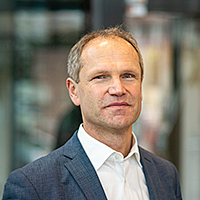
Rethinking rivers
(December 2021)
Running waters account for less than 0.1 thousandth of the world's freshwater resources, but their importance for humans, biodiversity and the functioning of a healthy water and matter cycle is far greater. Nevertheless, their protection is not in good shape, says UFZ ecologist Prof. Markus Weitere. To change that, he says, we need to move away from a local focus, among other things. The use of new mathematical models and modern technology in environmental monitoring make this possible.
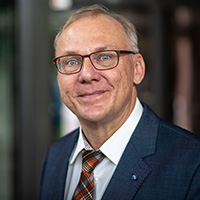
Water – a blessing and a curse for sustainable neighbourhood development
(June 2021)
As a result of climate change, cities will not only have to cope with more frequent and more intense precipitation in the future, but also with drier and hotter summers. Prof. Roland A. Müller, who heads the Department of Environmental and Biotechnological Centre at the UFZ, sees one solution in a more flexible design of water management. This should no longer rely exclusively on central drainage infrastructures, but instead store precipitation water locally - like a sponge.
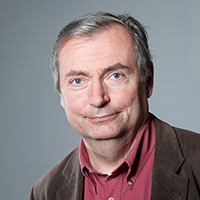
Why the ecosystems of the future must be multi-functional
(July 2020)
For decades, we have spatially separated the use and protection of the landscape. As a result, the water quality has deteriorated, erosion and desertification have increased, and biodiversity has decreased. For Dr. Stefan Klotz, head of the “Ecosystems of the Future” Research Unit at the UFZ, the consequence is: “We need to bring nature back into our lives and economies. Producing more and consuming more in order to accumulate more capital will only lead us further into a dead end!”
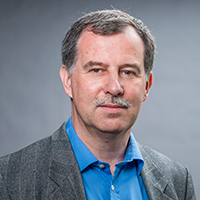
Environmental monitoring – complex but indispensable
(December 2019)
In order to be able to assess the complex state of the environment and forecast its development, comprehensive data is required. “Remote sensing is becoming increasingly important. However, for many questions, it does not replace continuous, long-term measurement programmes”, writes Prof. Peter Dietrich, head of the Department of Monitoring and Exploration Technologies at the UFZ. This is the only way to distinguish between exceptional individual effects and significant trends.
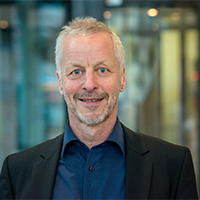
Sustainable chemistry: Quality of life and security for humans and the environment
(May 2019)
The use of chemicals did humanity a lot of good. But it also led to increased risks. The prediction of adverse effects is predominantly sector-based. “But looking at the impact of individual chemicals on humans and the environment in isolation is not enough”, says Prof. Dr. Rolf Altenburger, head of the “Chemicals in the Environment” Research Unit at the UFZ. It is necessary to systematically record the diversity of chemicals and assess it in a forward-looking manner.
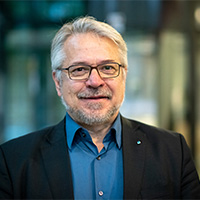
Water supply security by 2030 – utopia or a realistic goal?
(December 2018)
In order to achieve water supply security, water consumption, material loads, and water ecosystems must be managed in such a way that the regenerative capacity of the water cycle and ecological functions are maintained in the long term. “This requires concepts for the entire water cycle that take into account all uses as well as measures that lead to a successful implementation”, says Prof. Dietrich Borchardt, head of the “Water Resources and Environment” Research Unit at the UFZ.
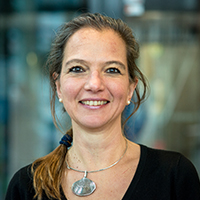
How (un)certain is the future? Smart models in environmental research
(August 2018)
In order to be able to reliably predict how our environment will react to changes and, based on this, develop appropriate prevention and adaptation strategies, UFZ researchers have been working on the development of “smart models” for over 10 years. “The hydrological model system mHM represents a quantum leap in terms of forecasting power and spatial resolution”, writes Sabine Attinger, who heads the “Smart Models/Monitoring” Research Unit at the UFZ.
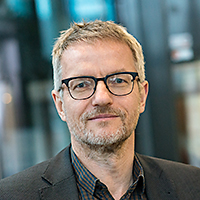
System change – from petroleum-based to bio-based
(April 2018)
The energy transition is only the beginning of an overall transformation of our present global economic system. At the core of this is a shift from using fossil resources to using only continuously available resources. This is admittedly an ambitious prognosis – especially considering the difficulties of the energy transition. “But when we think about the living conditions of future generations, there is no responsible alternative”, writes Hauke Harms, who heads the “Environmental Engineering and Biotechnology” Research Unit at the UFZ.
